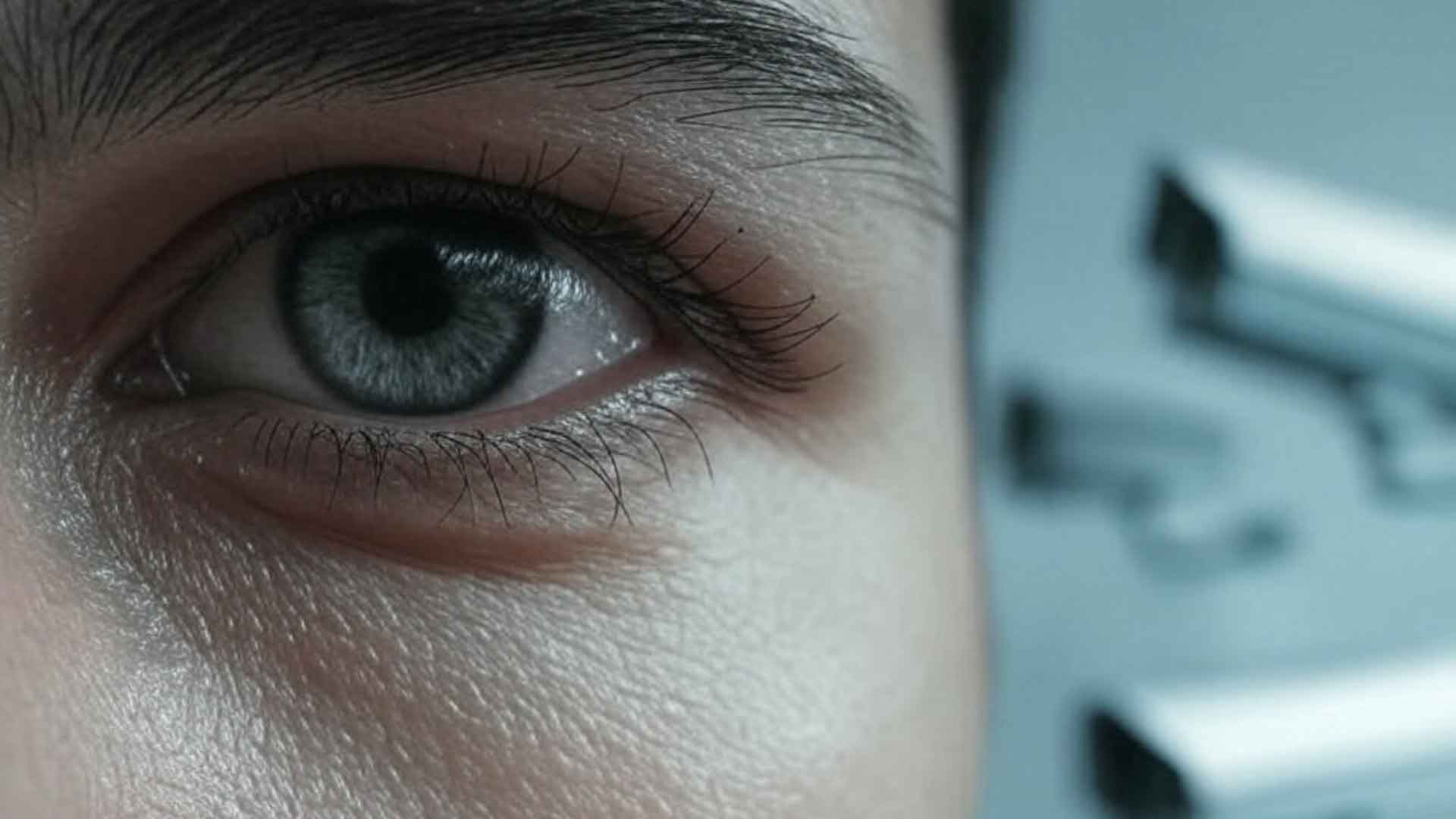A recent psychological study conducted by the University of Technology Sydney (UTS) has revealed that being under surveillance generates an automatic and involuntary response in the brain, influencing fundamental sensory perception processes. The findings, published in the Neuroscience of Consciousness journal, highlight the profound implications of surveillance on human awareness and public mental health.
The study, led by Associate Professor Kiley Seymour, explored the impact of surveillance on the brain’s ability to detect another person’s gaze—an essential function of human sensory perception. Previous research has already established that individuals change their conscious behavior when they are aware of being monitored. However, this new study provides the first direct evidence that the response to surveillance also occurs unconsciously and involuntarily.
“We know CCTV alters behavior, which is one of the reasons it’s deployed in public spaces like retail environments to prevent unwanted activity,” said Associate Professor Seymour. “However, our findings indicate that surveillance changes not just behavior but the very way our brain processes information.”
The research involved 54 participants who were split into two groups—one being conspicuously monitored via CCTV and the other serving as a control group. Participants in the surveilled group exhibited heightened awareness of face stimuli almost a full second faster than the control group. This hyper-awareness, notably, was imperceptible to the participants themselves.
The study found that the brain enhances its ability to detect faces and gaze direction under surveillance, a mechanism that has evolved to identify threats or potential agents in the environment, such as predators or other humans. “The ability to detect faces quickly is vital for social interactions. Gaze direction helps us construct models of others’ intentions and predict behavior,” said Seymour.
Interestingly, despite participants reporting little concern about being monitored, their brain’s response to surveillance was significant and automatic. This hyper-sensitivity to being watched mirrors traits observed in mental health conditions such as social anxiety and psychosis, where individuals become irrationally preoccupied with the notion of being observed.
These findings raise critical questions about the broader effects of pervasive surveillance on mental processes and public health. With surveillance technology becoming increasingly prevalent in society, the study suggests that its psychological consequences demand closer scrutiny.
“Given the rising levels of public surveillance and ongoing debates around privacy, our study underscores the need to examine how constant monitoring influences unconscious brain functions,” Seymour stated. “Future research should explore the impact on the limbic system, which could reveal broader implications for mental health.”
The study sheds light on how surveillance not only reshapes behavior but also alters cognitive processes in ways people may not consciously realize. These insights contribute to the ongoing debate surrounding privacy, surveillance ethics, and the potential consequences for mental well-being. As societies continue to adopt advanced monitoring systems, understanding these implications becomes essential to balancing security and public health.









































